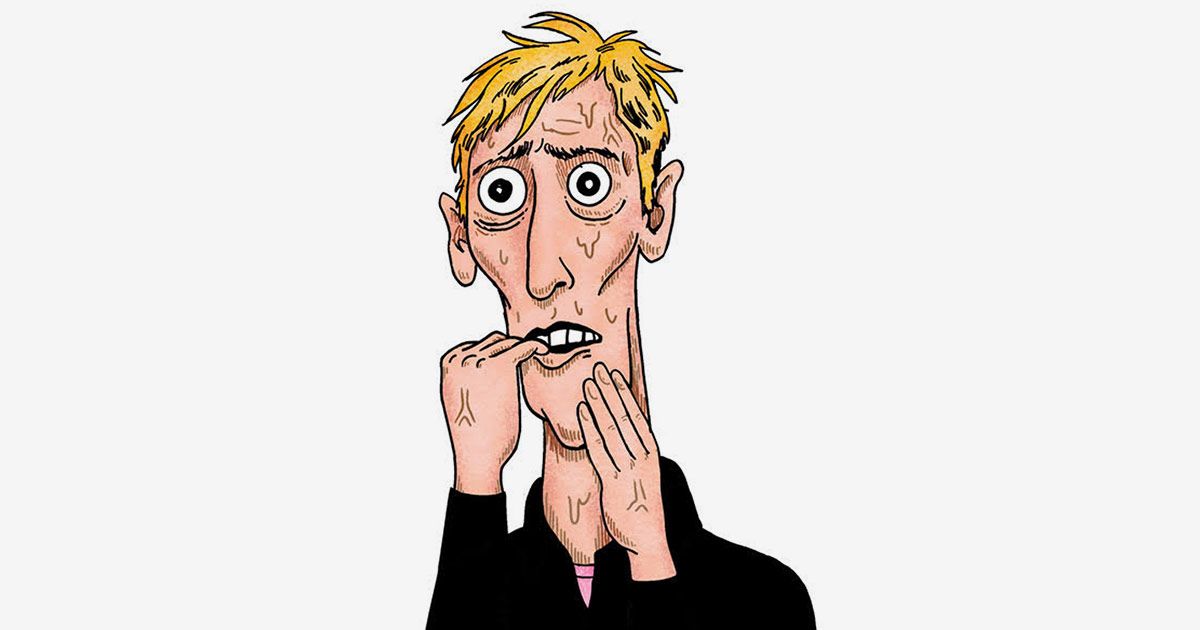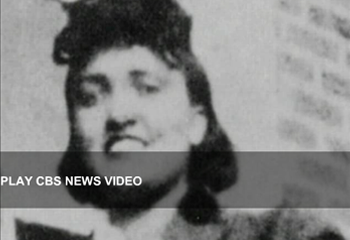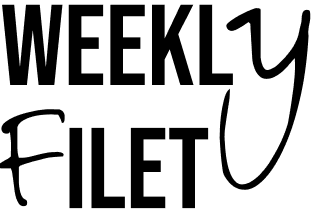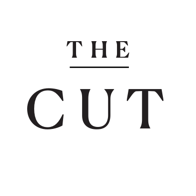Not again!?
The next pandemic, an immortal life, and 140 rules on how to behave (#428)
Last weekend, I had an idea. I have this list of all the books I've read in the past — what if I asked ChatGPT to have a look at it and recommend some books I might enjoy given my previous reading. It didn't go quite as planned, but in the end, I got my recommendations: five fiction books, five non-fiction. I have read one of these books since, and it turned out to be a fantastic one (see 3. below). So, for the time being, I, for one, welcome our new book recommending artificial overlords.
With that, this week's non-artificially generated recommendations:
1. An Even Deadlier Pandemic Could Soon Be Here
I hear you think (or scream?): not again!? Zeynep Tufekci, one of the measured yet clear-eyed voices I came to rely on during the Covid-pandemic, with a warning that it is time to act decisively on the bird flu. «Who should worry about this bird flu? Ideally, not the public, ever. But there's much that needs to be done, now, to keep it that way.» (Gift link so you can read it without a subscription)

2. Do You Know How to Behave? Are You Sure?
Journalists telling people what they should and shouldn't do, and how — such lists are usually terrible. Terribly patronising and cringeworthy. These 140 «Etiquette rules» are refreshingly good. A few stupid ones, a few to make everyone angry, yes, but most are genuinely helpful («If someone starts telling you a story you’ve heard before, you have two seconds to tell them.», «Gift randomly», «Never ask anyone what their job is.»).

3. The Immortal Life of Henrietta Lacks
HeLa cells have been instrumental in some of the most important advancements in medicine, from the polio vaccine to gene mapping and in vitro fertilisation. The entire cell line derives from a single sample of cancer cells, taken in 1951 from a poor black tobacco farmer, without her consent. Her cells have been bought and sold by the billions, yet she remained virtually unknown. Her name was Henrietta Lacks, this book tells her story.




